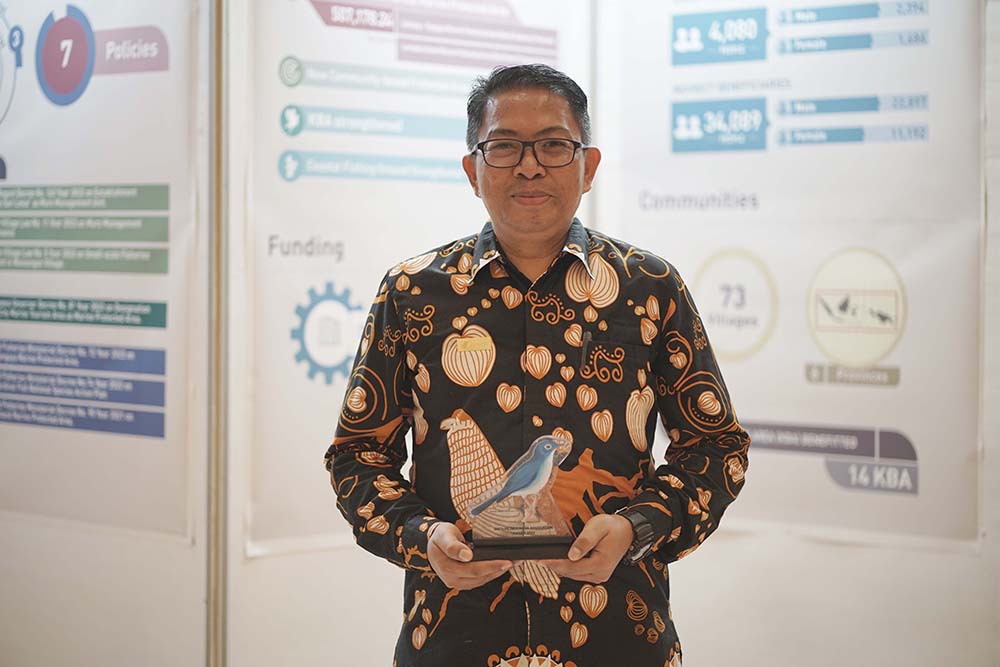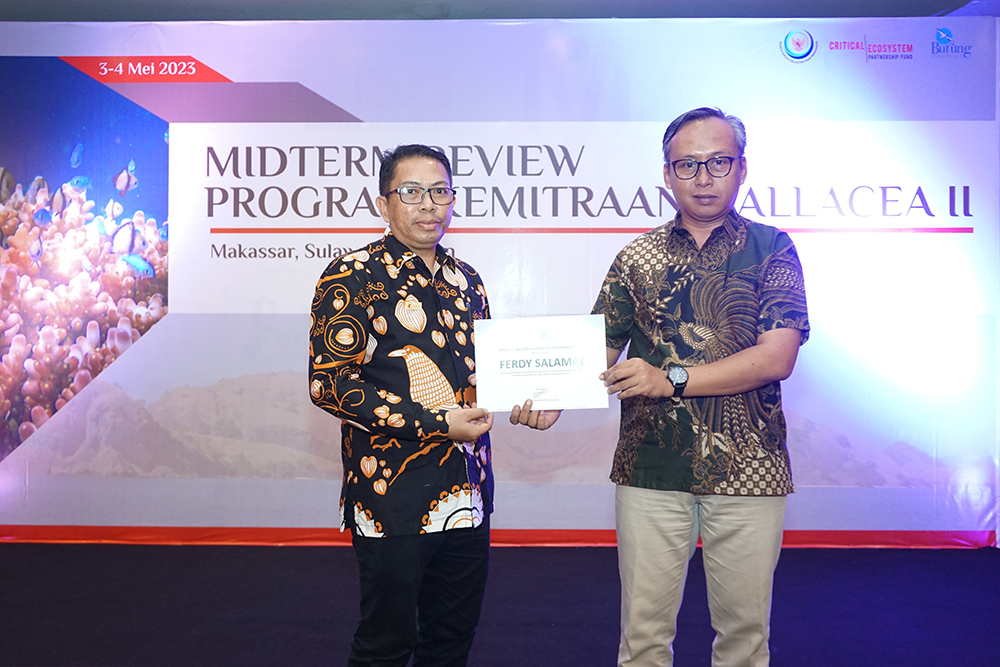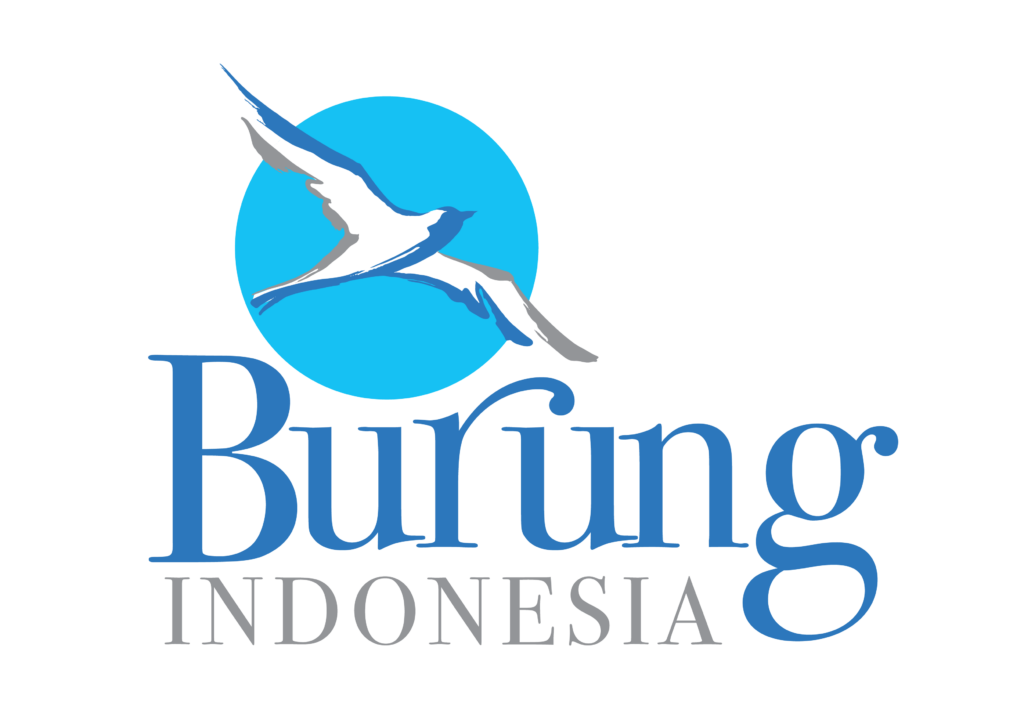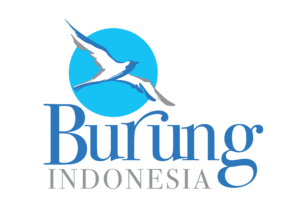- The mainland of Banggai Islands is dominated by karst ecosystems that are utilized by the community as a source of water and a habitat for rare and endemic animals.
- The local government has created many policies that support the preservation of karst, mangrove, and coastal and marine ecosystems, while at the same time working to improve community livelihoods.
- Ferdy Salamat supports the design of conservation effort models while encouraging regional policies that play a major role in strengthening efforts to preserve biodiversity in the Banggai Islands Regency.

Nestled between Sulawesi Island and the Moluccas Sea, the Banggai Islands often go unnoticed. Its marine area, which is five times larger than its land area, consists of a cluster of 121 islands of varying sizes. Located in the Coral Triangle and Wallacean region, the biodiversity of the Banggai Islands is not only unique and diverse, but also endemic. This is reflected in the region's many Key Biodiversity Areas (KBAs), which contribute significantly to global biodiversity sustainability: six terrestrial KBAs and three marine KBAs.
Karst dominates the Banggai Islands, covering 85% of the total land area, with a thickness of up to 900 meters above sea level. A 2017 inventory recorded 17 caves, seven karst lakes, and 112 karst springs, including water caves, underground rivers, or cave lakes used by residents as water sources or animal habitats.
Although they appear barren on the surface, karst areas are life-sustaining. This area is dominated by limestone rocks that have undergone a process of carcification or dissolution over millions of years, resulting in a natural landscape of karst areas characterized by underground cavities. This makes karst a huge underground water reservoir with its own drainage system and the key to understanding the hydrological system of the area.
Due to their unique and complex geological formations, karst ecosystems are important habitats for a variety of distinctive, rare and endemic flora and fauna, non-renewable mineral areas, research sites for various scientific disciplines, as well as recreation and tourism. Their existence is also vital as a source of livelihood for the surrounding community.
Based on a biodiversity survey, Burung Indonesia recorded the endemic species of Banggai Brow, Banggai Scops-owl and Peleng Tarsier found on Peling Island, the largest of the Banggai Islands. Another endemic species is the Banggai Cardinalfish, which is listed as Critically Endangered (EN) under the IUCN category. A number of factors, such as overexploitation of natural resources and biota, are hindering the long-term conservation of these species, and better habitat protection and ecosystem management are needed.
One person who has contributed to biological conservation and management in the Banggai Islands is Ferdy Salamat. Born in Palu on 22 April 1977, Ferdy holds a Master's degree in Environmental Management from Gadjah Mada University and is currently the head of the Banggai Islands Regency Environmental Agency.
During his work, Ferdy was able to develop models for conservation efforts that have been replicated in various regions. He also developed and promoted regional policies and regulations that played a major role in strengthening biodiversity conservation efforts in the Banggai Islands.
His efforts to replicate sustainable development schemes were successfully realized through the management of the 10-hectare Kokolomboi Biodiversity Park, which was established under the Banggai Islands Regent Decree No. 399 of 2013. Currently, the operation of Taman Kehati is carried out by the Environmental Management Agency of Banggai Islands Regency together with related parties.
In 2015, he played a role in the management and conservation of mangrove ecosystems at the village level through the Climate Village Program (ProKlim) and mangrove rehabilitation, opening opportunities for the involvement of NGOs and the private sector. The implementation of these actions was affirmed by the Regional Regulation No. 8 on the Protection and Management of Mangrove Ecosystems, the process of which he also facilitated.

Ferdy also successfully encouraged the ratification of policies for the protection and management of karst ecosystems including the designation of important areas for biodiversity conservation, which was strengthened by the issuance of Regional Regulation Number 16 of 2019 and Banggai Islands Regent Decree number 224 of 2022. His success in institutionalizing regulations prohibiting the hunting of endemic animals, manifested in Banggai Islands Regent Instruction Number 1 of 2023 has strengthened the protection of valuable biological wealth, while supporting the sustainability of life in Banggai Islands which is inseparable from the karst ecosystem.
The principles of conservation, protection and sustainable use have also been successfully implemented, including by regulating the use of natural resources through policies and regulations to prevent excessive resource extraction; protecting endangered species through conservation and habitat restoration programs; and raising public awareness of the importance of environmental protection through campaigns, outreach and education with indigenous groups, NGOs, the private sector and state-owned enterprises.
Conservation is a synergistic work together. Ferdy intensified cooperation with various parties, including the participation of the private sector in the management and protection of biodiversity in Banggai Islands. As part of climate change adaptation and mitigation actions and greenhouse gas emission reduction, he involved communities in 40 villages in ProKlim that will last until 2024, of which 35 villages have been registered in the National Registry System. He also contributed to the use of sustainable and environmentally responsible agricultural practices to minimize negative impacts on biodiversity through the implementation of guidelines for ecosystem and biodiversity use and development based on the Banggai Islands ecoregion. With his dedication and care for nature, as well as his success in managing and synergizing strategic conservation efforts with various parties, Burung Indonesia has awarded the 2023 BIA Award to Ferdy Salamat. Hopefully, this recognition will inspire the birth of other conservation warriors not only in Banggai, but throughout the archipelago.


